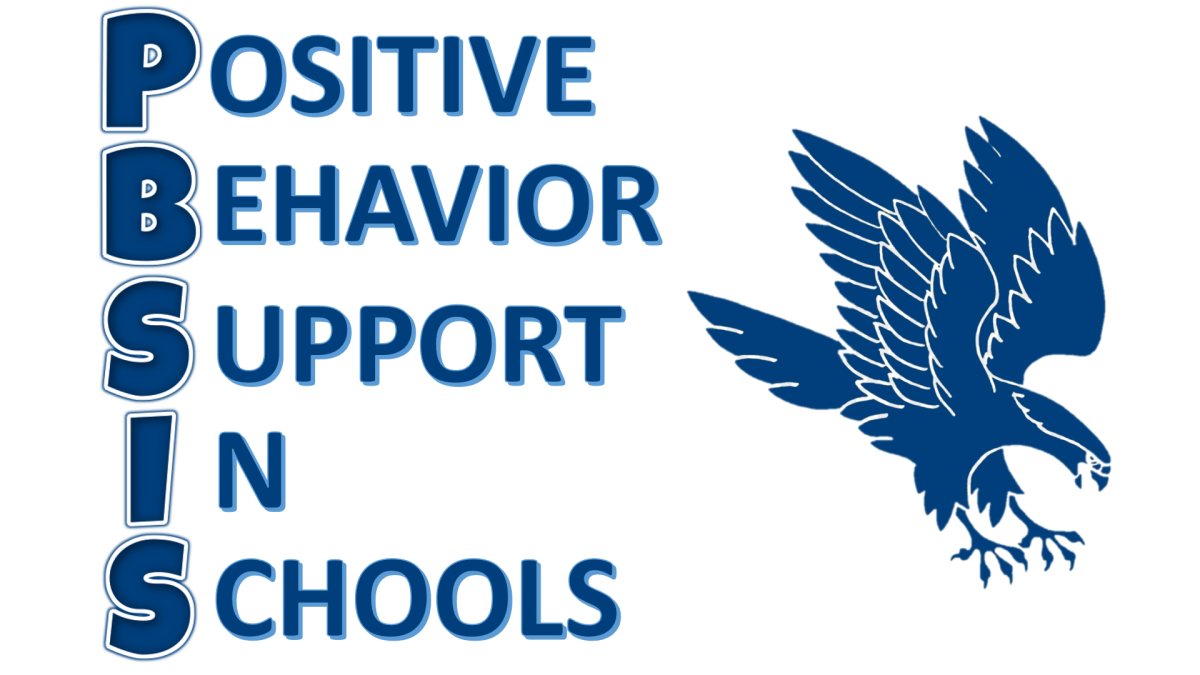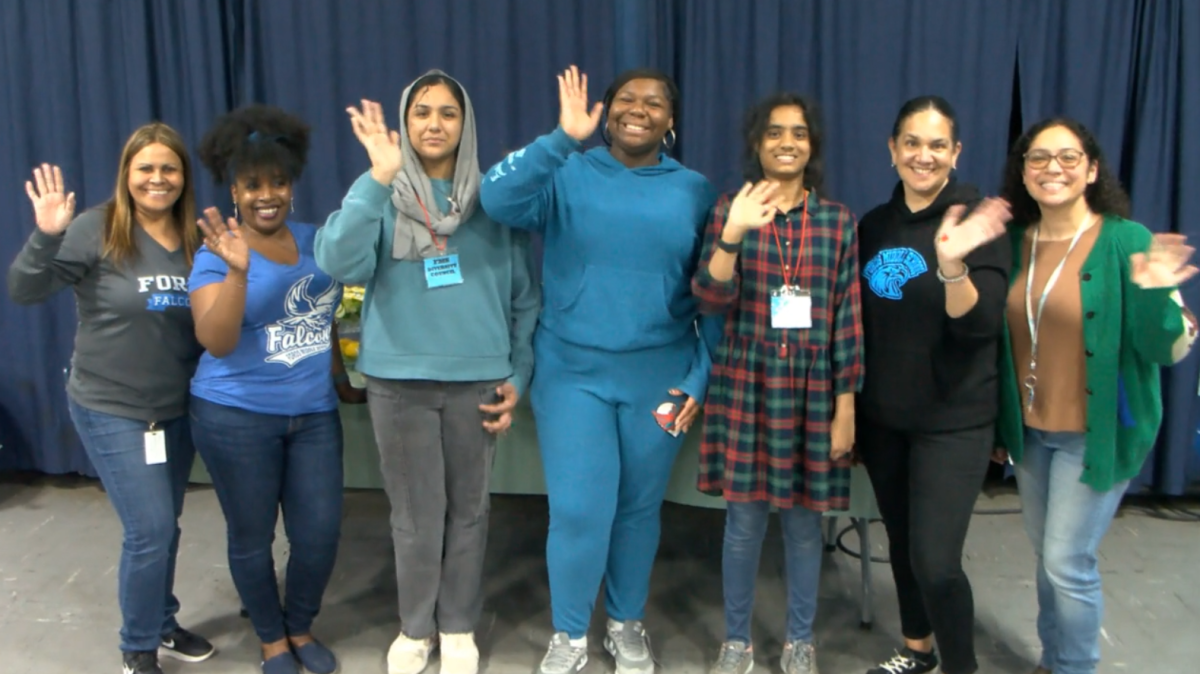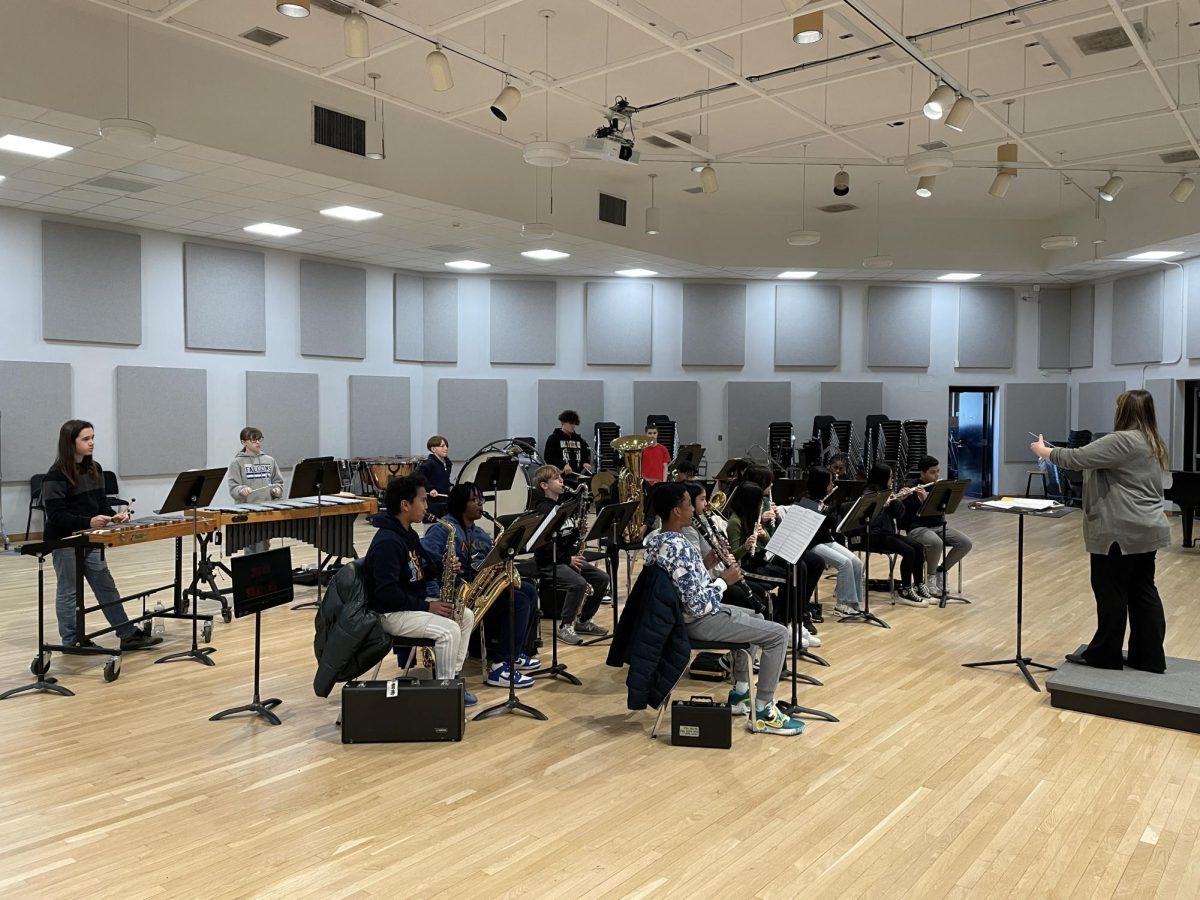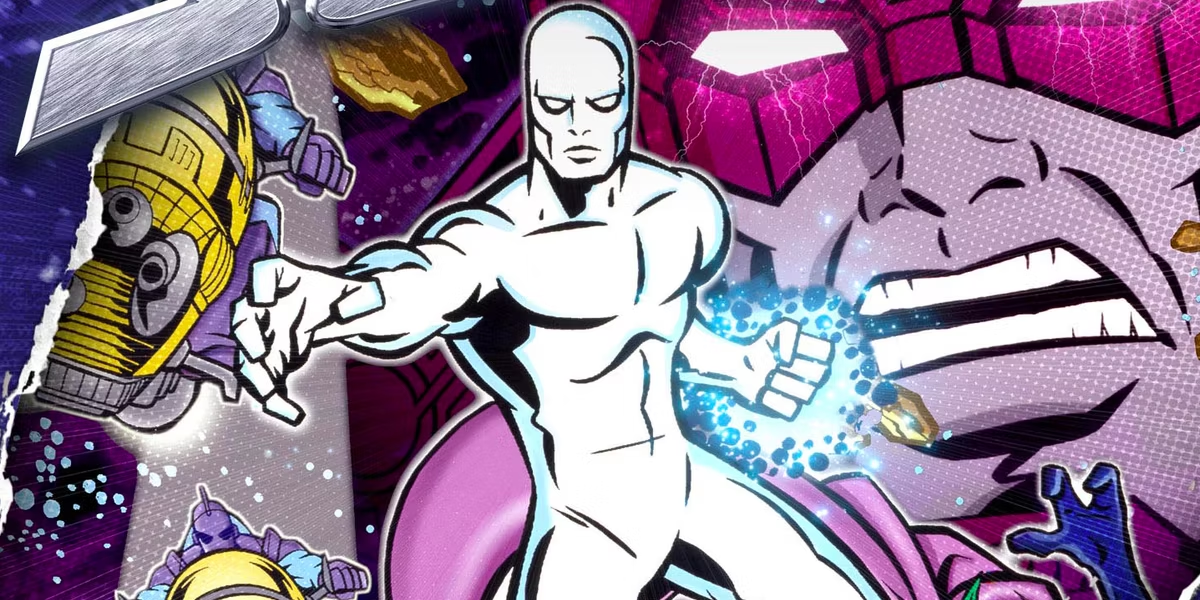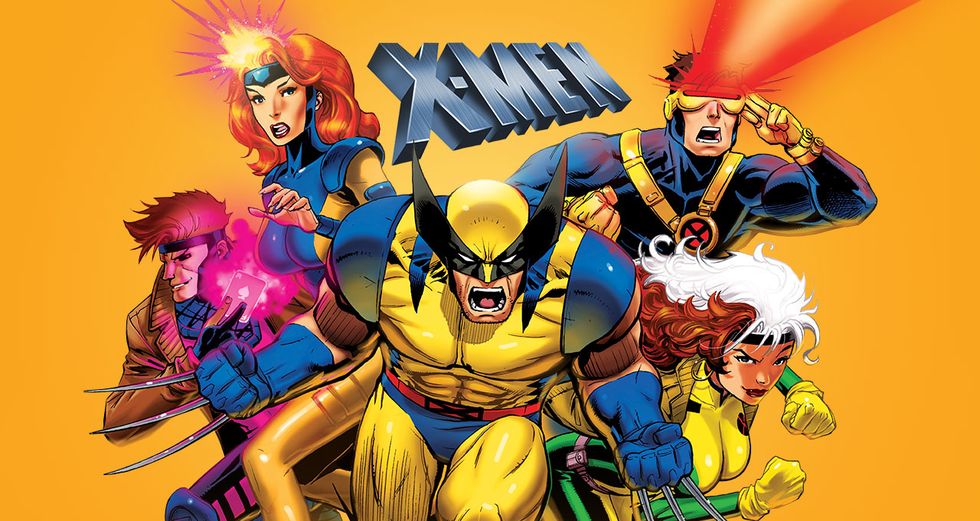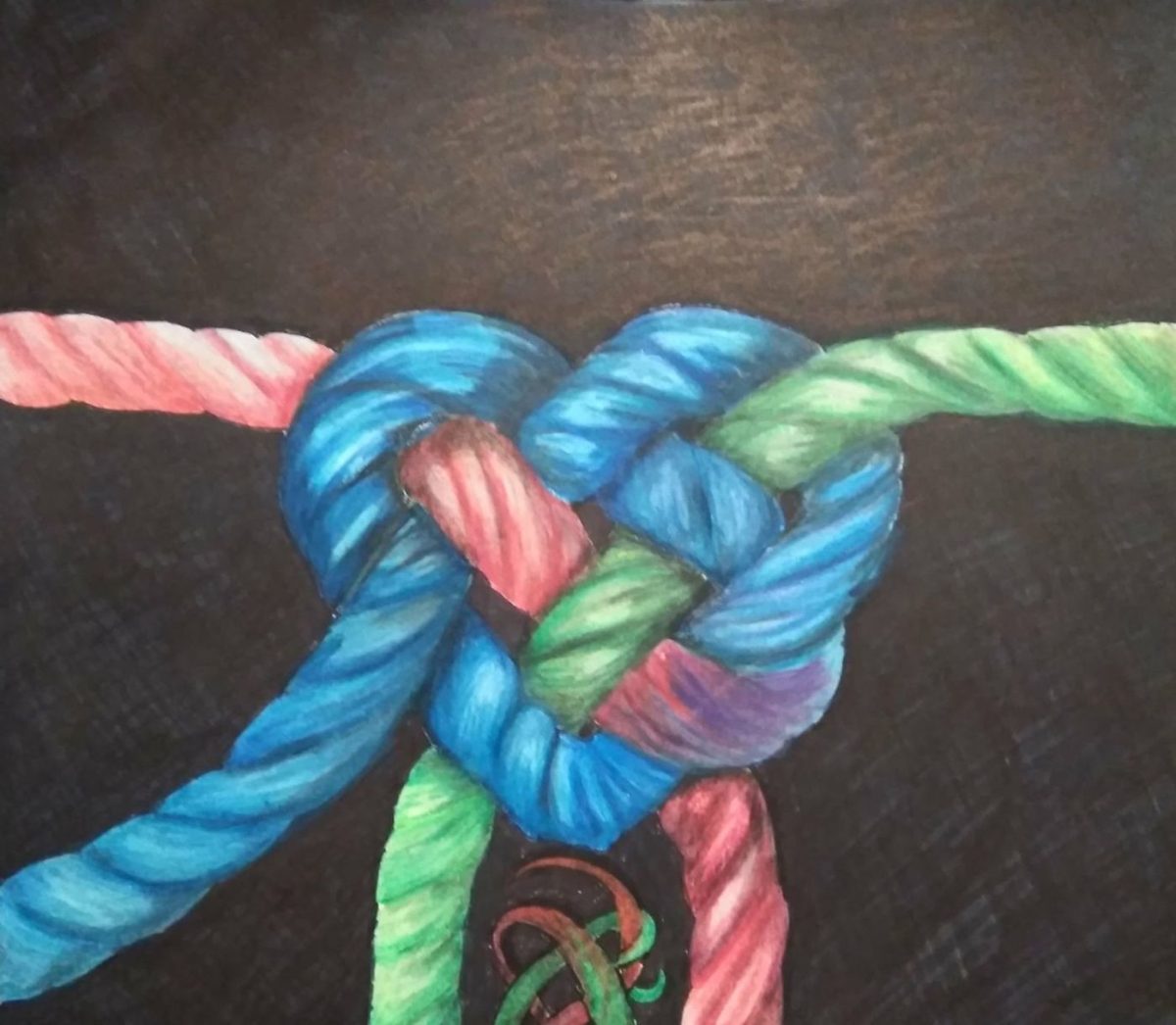As I sauntered through the crowded hallways of Fords Middle School on opening day, I could sense a concoction of anticipation and anxiety floating in the air. Students were busily chatting and catching up with one another about their summer endeavors, while teachers welcomed everyone back with warm smiles and hellos. As the morning hours passed, I observed various classrooms and had the pleasure of learning about a new program that will be implemented this year called PBSIS.
PBSIS is an acronym that stands for “Positive Behavior Support In Schools”. The program is a collaboration between the New Jersey Department of Education Office of Special Education and The Boggs Center, Rutgers Robert Wood Johnson Medical School. The PBSIS program, in short, relies on a very simple premise. Teach students how they are expected to behave while in and around the school building, and when students meet those expectations, reward them. It’s a classic methodology that has proven successful with children of all ages.
One key feature that struck me as new and exciting is the integration of PBIS Rewards, which is a web-based online platform where teachers and students can manage the reward component of the program. The PBIS Rewards system is fairly straightforward and easy to use. Teachers are able to digitally assign points or Falcon Feathers to students for following the PBSIS overarching expectations of being prepared, successful, respectful, and safe. Students are then able to view their points balance through their own PBIS Rewards accounts. Fords Middle has a school store, where students can cash in Feathers for exciting prizes like school trips, spin-the-wheel chances, snacks, and school supplies. Each teacher has the option to open a personalized school store that can be stocked with incentives and prizes that students can earn in that classroom, as well.
Many students appeared to be engaged and open to the idea of this rewards-based program. I spoke with one seventh grader, who commented that he’s “never really gotten into trouble before” but he’s “excited about getting rewarded for doing the right thing.” When I asked him whether he felt that PBSIS could make a positive impact on the school, his response was, “It wasn’t that bad last year, but I think there’s a few kids who could behave better, and maybe this will help because they’ll start doing good things to get rewards.”
Positive incentive programs like PBSIS have been proven to be effective in schools, as students are more motivated to make better decisions and follow the expectations set forth by the principals and teachers. Not only do the students benefit from the points that they earn and the rewards that they purchase, but they also benefit from feelings of accomplishment and pride in their actions. Positive decisions lead to a positive school climate, and the school community as a whole can reap the rewards of less negative behavior.
While the program certainly has its benefits, there can be some downsides, as well. It starts with the staff. If teachers are not fully invested in the program and do not award students with points on a regular basis, this could lead to frustration from the students who are not being fairly rewarded. What happens when students are paired with several teachers who simply don’t utilize the program effectively? Those students will not earn points regularly. Meanwhile, other students may be placed in classrooms where all of their teachers are using the rewards often. Those students will be earning far more points, which creates an unfair system.
Students may also lose interest in the program if the rewards are not attractive. When there is no incentive to purchase desirable prizes, then students may stop working harder to earn points and then the program crumbles. School and teacher stores need to be supplied with rewards that students actually want, and the price values need to be reasonable. If students cannot afford to purchase the items even when they are behaving well and earning points, then what good is the program?
In my journeys at Fords Middle School, I did come across a few students who expressed that they were concerned about the potential drawbacks of the program. While PBSIS does encourage students to make good choices and be kind to one another, one sixth grader did pose a possible downside. “What if kids only do good things to get points and they don’t really mean it when they’re being nice?” The teacher involved in this particular discussion did counter with an encouraging thought. “Well, at least those kids are still doing good things, right? At the end of the day, a good deed is a good deed, no matter why it was done.”
When asked how she feels about PBSIS in her building, Principal Murphy offered this insightful comment: “Fords Middle School has ALWAYS been a great place for everyone to live and learn, but PBSIS brings a blast of positivity to the building. It’s important to recognize the students who do what they’re supposed to do, day in and day out. Those students deserve to be rewarded for making good decisions. Hopefully we’ll start seeing some real change where it’s most needed.”
These programs can take years to create consistent positive change, so only time will tell if the PBSIS program and PBIS Rewards will work any magic at Fords Middle School. For now though, there is hope that this system will revitalize the school community and bring some new energy to a school that already shines.
